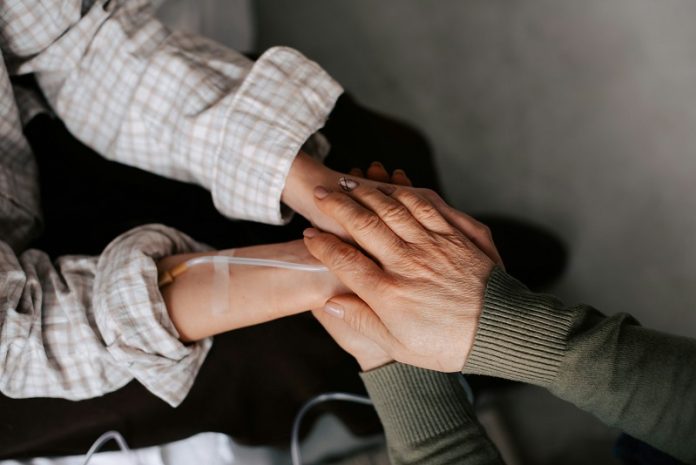
Cancer is a disease where abnormal cells grow uncontrollably and can invade other parts of the body. One of the most frightening things about cancer is how it can spread if left untreated.
But how fast this happens depends on many factors, including the type of cancer, its stage at diagnosis, the person’s age and health, and even their genetics.
There’s no single answer for how quickly cancer spreads, but researchers have studied this in detail, and some general patterns have become clear.
Some cancers are known to grow and spread very quickly. For example, pancreatic cancer, small-cell lung cancer, and certain types of brain tumors can progress in a matter of weeks or months without treatment.
These cancers are considered aggressive, meaning they grow rapidly and often spread to other parts of the body early on.
A study in The Lancet Oncology found that pancreatic cancer often spreads silently before symptoms appear, making early detection and treatment extremely difficult. Once symptoms begin, the cancer may already be advanced, and without treatment, survival is often measured in months.
Other cancers tend to grow more slowly. Prostate cancer, for instance, can develop over many years, and in some older men, it may never cause symptoms or serious problems.
In fact, research from The New England Journal of Medicineshowed that many cases of prostate cancer found through screening were so slow-growing that patients could safely avoid immediate treatment and choose active surveillance instead.
Similarly, some breast cancers, particularly certain hormone-sensitive types, can also grow slowly and respond well to treatment if caught early.
Still, even slow-growing cancers can become dangerous over time if they are not treated. As cancer cells multiply, they can invade nearby tissues and eventually enter the bloodstream or lymph system, allowing them to travel to other organs.
This process is called metastasis, and once cancer has spread, it becomes much harder to treat and control. Studies show that untreated cancers tend to follow a predictable pattern of progression, starting locally, then moving to nearby lymph nodes, and eventually reaching distant organs like the liver, lungs, or brain.
The doubling time of a tumor—how long it takes for the tumor to double in size—also affects how fast it spreads. For some aggressive cancers, this can be as short as a few weeks. For others, it may take several months or even years.
According to a study in Radiology, the average doubling time for lung cancer ranges from 20 to 400 days, depending on the subtype. This wide range shows how much variation exists between different cancers.
Another important factor is the patient’s immune system. Some people’s immune systems may slow the growth of cancer, while in others, the cancer might grow faster because the immune system is weak or compromised. This is why each case of cancer is unique, and predicting its exact pace without treatment can be difficult.
Without treatment, cancer usually becomes more severe, more painful, and more difficult to control. Symptoms often worsen over time, and complications such as infections, bleeding, or organ failure may occur.
Research consistently shows that early diagnosis and treatment improve survival rates and quality of life. For example, early-stage colon cancer has a 90% five-year survival rate with treatment, but once it spreads, that rate drops below 15%.
In conclusion, how fast cancer spreads without treatment varies widely, but the general pattern is that it becomes more dangerous the longer it goes untreated. Some cancers may grow slowly, giving time to consider treatment options, while others may spread quickly and silently.
Scientific studies clearly show that early detection and proper treatment make a major difference in outcomes. If cancer is suspected or diagnosed, getting medical advice quickly is the best step toward protecting health and improving the chance of recovery.
If you care about cancer, please read studies about a new method to treat cancer effectively, and this low-dose, four-drug combo may block cancer spread.
For more health information, please see recent studies about nutrient in fish that can be a poison for cancer, and results showing this daily vitamin is critical to cancer prevention.
Copyright © 2025 Knowridge Science Report. All rights reserved.



